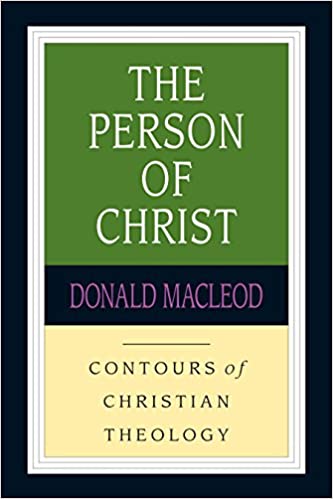A Brief Book Summary from Books At a Glance
by Mark Baker
About the Author
Donald Macleod is a Scottish theologian who has served as principal and professor of systematic theology at the Free Church of Scotland College for over thirty years.
Overview
Christology often begins with the question of where to start. Do you start “from above,” assuming the deity of Christ, or do you start “from below,” beginning with the humanity of Christ? This book goes against the current scholarly grain and starts with a Christology from above, primarily because that is also the starting point of the gospels themselves. Contrary to many of my conversation partners, a Christology from above can also take the humanness of Christ seriously, something this book will demonstrate repeatedly. Finally, the arguments in this book will thoroughly interact with reception history from Tertullian to Barth, from Praxeas to Edward Irving.
Table of Contents
Introduction
PART ONE: “VERY GOD OF VERY GOD”—FROM THE GOSPELS TO NICEA
1 The Virgin Birth
2 The Pre-existence of Christ
3 Christ, the Son of God
4 The Jesus of History
5 The Christ of Faith: “Very God of Very God”
PART TWO: “VERY GOD, VERY MAN”—TO CHALCEDON AND BEYOND
6 The Incarnation
7 Chalcedon: “Perfect in godhead, Perfect in Manhood”
8 Kenōsis: Making Himself Nothing
9 The Sinlessness of Christ
10 No Other Name: The Uniqueness of Christ in Modern Theology
Epilogue
Summary
PART ONE: “VERY GOD OF VERY GOD”—FROM THE GOSPELS TO NICEA
Chapter 1: The Virgin Birth
There are three key reasons why the virgin birth is theologically significant. First, it highlights the supernatural character of Jesus. The virgin birth “is posted on guard at the door of the mystery of Christmas; and none of us must think of hurrying past it” (37). Second, it is a sign of God’s judgment on sinful human nature. As humans, we need a redeemer, and we can’t produce one ourselves. Third, the virgin birth points to a new beginning. It is “a divine intrusion: the last, great, culminating eruption of the power of God into the plight of man.” (37). Some object to the virgin birth because it is only mentioned in two places in all of Scripture. But neither does any Scripture deny the virgin birth. If the virgin birth were indeed legendary, we would expect John’s Gospel, written about thirty years after the other gospel accounts, to have set the record straight. Others deny the veracity of the virgin birth on the account that its assertion is theologically motivated. But just because something is theologically motivated does not make it ahistorical. Such a claim relies on question begging rather than true historical inquiry. . . .
[To continue reading this summary, please see below....]The remainder of this article is premium content. Become a member to continue reading.
Already have an account? Sign In
Buy the books

THE PERSON OF CHRIST, by Donald Macleod